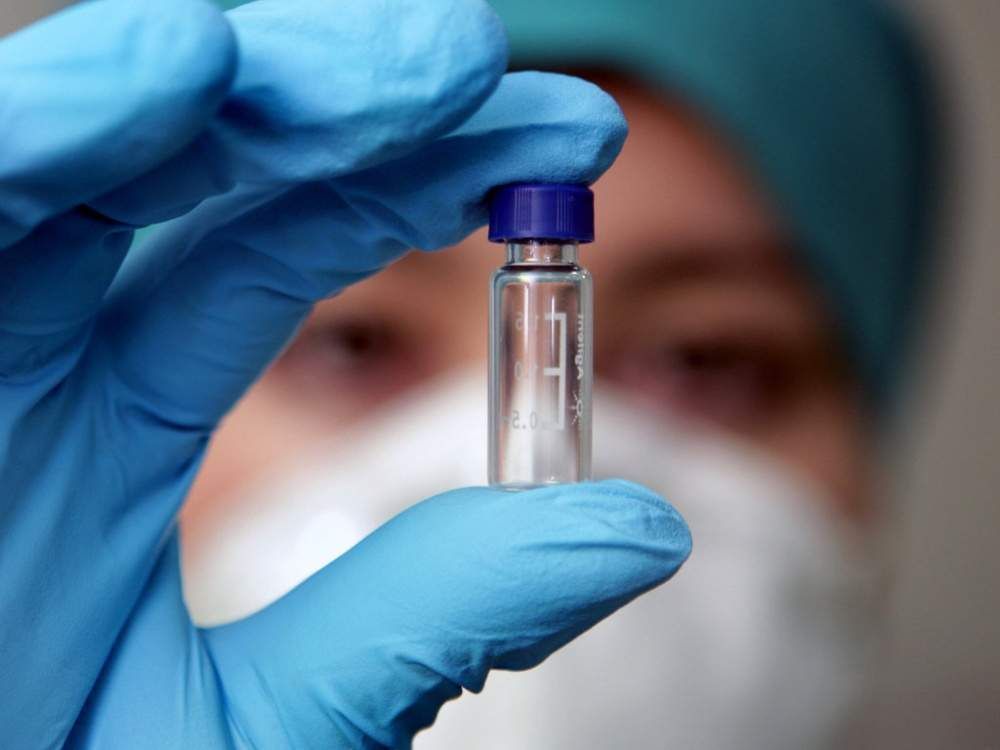Healthcare with Confidence
Immune therapy for brain cancer offers promising options for treating tumors that have traditionally been treated with chemotherapy, radiotherapy and surgery.
Tumors of the brain appear in both children and adults, and develop in several different forms.
Glioblastoma is the most aggressive and fast developing brain tumor.
Immunotherapy of brain tumors is a treatment by stimulation of the human immune system, as a result of which the body itself begins to attack and destroy cancer cells. Immunotherapy of brain cancer has much fewer side effects than chemotherapy, and in some cases they are completely absent.
Today, Avastin® (Bevacizumab), a target antibody that disrupts the formation of tumor blood vessels, has been approved by the FDA for patients with recurrent glioblastoma, whereas the target antibody UNITUXIN® (Dinutuximab) is approved for children with neuroblastoma, a tumor of the nervous system.
Several other immunotherapy drugs are used to treat various types of brain cancer in clinical trials. These include Durvalumab and two Phase III trials that test the inhibitor Nivolumab (Opdivo®) control point: in one study, this drug is combined with an inhibitor of the control point, Ipilimumab (Yervoi®), in the other, with radiosurgery.
There are also some trials study vaccines against brain cancer, oncolytic viruses, TAP and targeted antibodies.
Precision (personalized) treatment of brain cancer and immunotherapy.
To prevent the entry of harmful substances into the brain, there is a blood-brain barrier (BBB), which separates the flow of blood from the brain.
When it comes to radiation therapy (directly to the source of a tumor) or in a surgical process to remove a tumor, the barrier does not matter. But in drug therapy it means a lot. Like other substances coming from the bloodstream, medications also need to cross the barrier to act. Because of this problem, chemotherapy is not always effective. For effective treatment should be prescribed drugs that effectively pass the barrier.
Are there other treatment options?
Molecular genomic tests to adjust treatment allow the development of new and expanded treatment options for each patient that may not have been taken into account. In the deep genetic sequencing studies for patients with glioblastoma (GBM) conducted in the United States, by the leading cancer research centers – MSK in New York and MD Andersen in Texas, it was found that in 20-50% of cases there is at least one mutation, which allows you to define a personalized treatment for the patient.
Why is it important to personalize the treatment of brain cancer?
The personalization of brain cancer treatment gives 6 times more chances to reduce tumor growth in patients, according to a study of 13,000 patients based on 346 clinical trials.
When is molecular analysis important?
For patients who do not respond to the current treatment protocol.
For patients who have a relapse of disease or progression.
For patients with tumors of low probability of treatment.
For patients with unknown or rare tumors.
For patients interested in advanced treatment, outside the standard protocol.
⇒ Cancer Immunotherapy in Israel
⇒ Molecular genomic tests for precision cancer treatment in Israel
⇒ Precision cancer treatment in Israel
⇒ Cancer Pre-Screening Online in Israel



